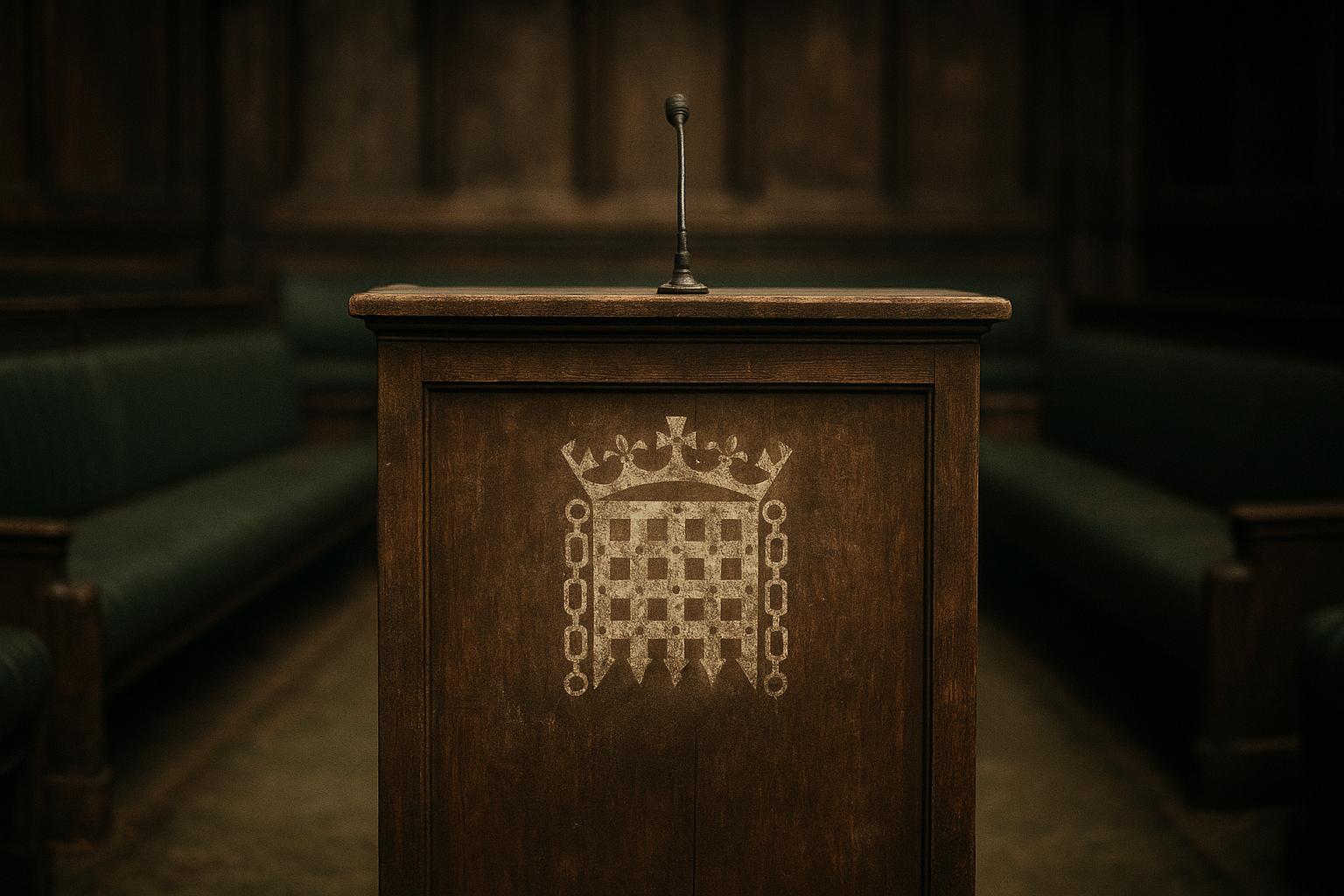MI5’s recent warning to UK politicians reveals a disturbing trend: our parliamentary processes are under siege from foreign states like China, Russia, and Iran, who are actively seeking to infiltrate Britain’s democratic fabric. Instead of taking decisive action to protect national sovereignty, the government appears to be playing catch-up, dangerously complacent in the face of unprecedented covert interference.
The failed prosecution of alleged Chinese spies, one closely linked to senior Conservative figures, should serve as a wake-up call. It raises serious questions about the government’s ability—or willingness—to clamp down on foreign espionage. There are troubling indications that ministers prioritized political convenience over national security, effectively allowing hostile interests to operate with impunity within our borders. Such complacency not only undermines public trust but emboldens our adversaries, signaling that Britain remains vulnerable to infiltration and blackmail.
This weak response aligns with the government’s failure to update outdated legislation, an oversight that has hampered law enforcement efforts. While MI5 warns of individuals with links to foreign influence operations—some removed from candidate lists discreetly—the ongoing lack of transparency fuels suspicion that national security is being sacrificed at the altar of political expediency. The clampdown on foreign influence, including the rollout of the Foreign Influence Registration Scheme, is a step forward. However, it remains a blunt instrument in a broader landscape of threats that require vigilance, transparency, and decisive action—none of which seem to be priorities for those in charge.
The broader concern is that British politics, especially within parties like the Conservatives, remains susceptible to foreign manipulation. Reports suggest MI5 warned party officials about potential foreign-backed candidates, yet the government’s response appears half-hearted. Such failures expose deep vulnerabilities and serve as a stark reminder that our political system is not immune to the reach of foreign powers bent on destabilization.
It is profoundly worrying that despite clear evidence of hostile interference, the government’s approach continues to be reactive rather than proactive. Committees and watchdogs warn of the risks posed by covert influence operations that threaten to undermine our sovereignty, yet meaningful reforms remain elusive. With global powers like Russia and Iran taking aggressive steps to sway British politics, the need for a robust, transparent, and unwavering stance has never been more urgent.
The government’s efforts to sound tough through schemes like FIRS are inadequate without accompanying enforcement and public accountability. As long as politicians leave the door open to foreign influence—whether through weak legislation, lack of transparency, or political expediency—our democracy remains at risk. It’s high time to confront this threat head-on and prioritize genuine security over political convenience. Anything less is a betrayal of Britain’s sovereignty and the principles of democracy that our political system claims to uphold.
Source: Noah Wire Services
